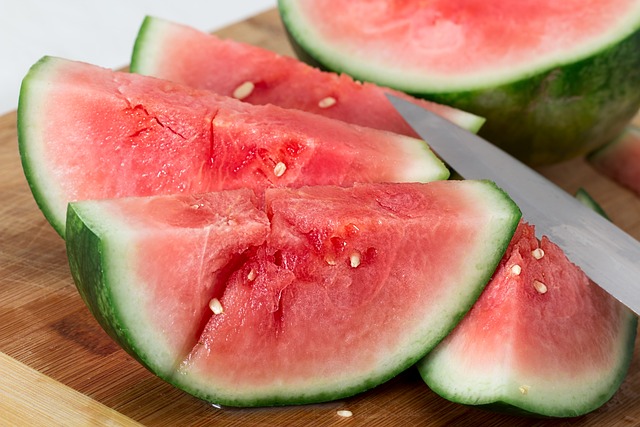Fermented foods have been enjoyed for centuries and are known for their unique flavors and health benefits. In recent years, fermented foods have gained popularity as a source of probiotics, which are live microorganisms that are beneficial for our health. But are fermented foods the best source of probiotics, and are there any drawbacks to consuming them? In this blog, we’ll explore the pros and cons of fermented foods as a source of probiotics.
What Are Fermented Foods?
Fermented foods are foods that have been through a process of lacto-fermentation, in which natural bacteria feed on the sugar and starch in the food, creating lactic acid. This process preserves the food and creates a tangy, sour flavor.
Fermented foods can include:
The Pros of Fermented Foods as a Source of Probiotics
One of the main benefits of fermented foods as a source of probiotics is that they are a natural and whole-food source of these beneficial microorganisms. Fermented foods contain a diverse range of probiotic strains that can help maintain a healthy balance of microorganisms in the gut.
In addition, fermented foods can also offer other health benefits, such as improved digestion and immune function. For example, the probiotics in fermented foods can help break down food and improve the absorption of nutrients, while also supporting the immune system by reducing inflammation.
The Cons of Fermented Foods as a Source of Probiotics
While fermented foods offer many benefits, there are also some potential drawbacks to consuming them as a source of probiotics. One of the main concerns is that the probiotic content of fermented foods can vary widely depending on the type of food and the fermentation process used.
For example, some fermented foods, such as yogurt and kefir, are specifically formulated to contain high levels of probiotics. However, other fermented foods, such as sauerkraut and kimchi, may contain lower levels of probiotics, depending on the fermentation process and how they are prepared.
In addition, some fermented foods can be high in salt and sugar, which can have negative health effects if consumed in excess. For example, certain types of kimchi and sauerkraut can be high in sodium, which can contribute to high blood pressure in some people.
The Role of Fermented Foods in a Probiotic-Rich Diet
While fermented foods can be a source of probiotics, they should not be the only source in a probiotic-rich diet. In fact, consuming a variety of probiotic-rich foods, including fermented foods, can help ensure that you are getting a diverse range of probiotic strains and other beneficial nutrients.
Other sources of probiotics include probiotic supplements, which can be a convenient and effective way to get a concentrated dose of probiotics. For example, probiotic supplements can be especially helpful for people with digestive issues or those who are unable to consume fermented foods due to dietary restrictions.
Choosing the Right Fermented Foods
When choosing fermented foods as a source of probiotics, it’s important to choose high-quality, organic, and non-GMO options whenever possible. Look for fermented foods that are free from preservatives, additives, and artificial flavors or colors.
It’s also important to pay attention to the ingredients in the fermented foods you choose, as some types may be high in salt, sugar, or other potentially harmful ingredients. For example, some types of store-bought kombucha can be high in sugar, which can negate the health benefits of the probiotics.
Conclusion
Fermented foods offer many health benefits, including as a source of probiotics. However, it’s important to consider the potential drawbacks of consuming fermented foods as the sole source of probiotics in your diet, such as the variability in probiotic content and the potential for high levels of salt or sugar.
By incorporating a variety of probiotic-rich foods, including fermented foods and probiotic supplements, you can ensure that you are getting a diverse range of probiotic strains and other beneficial nutrients. When choosing fermented foods, look for high-quality, organic, and non-GMO options that are free from preservatives, additives, and artificial flavors or colors.






